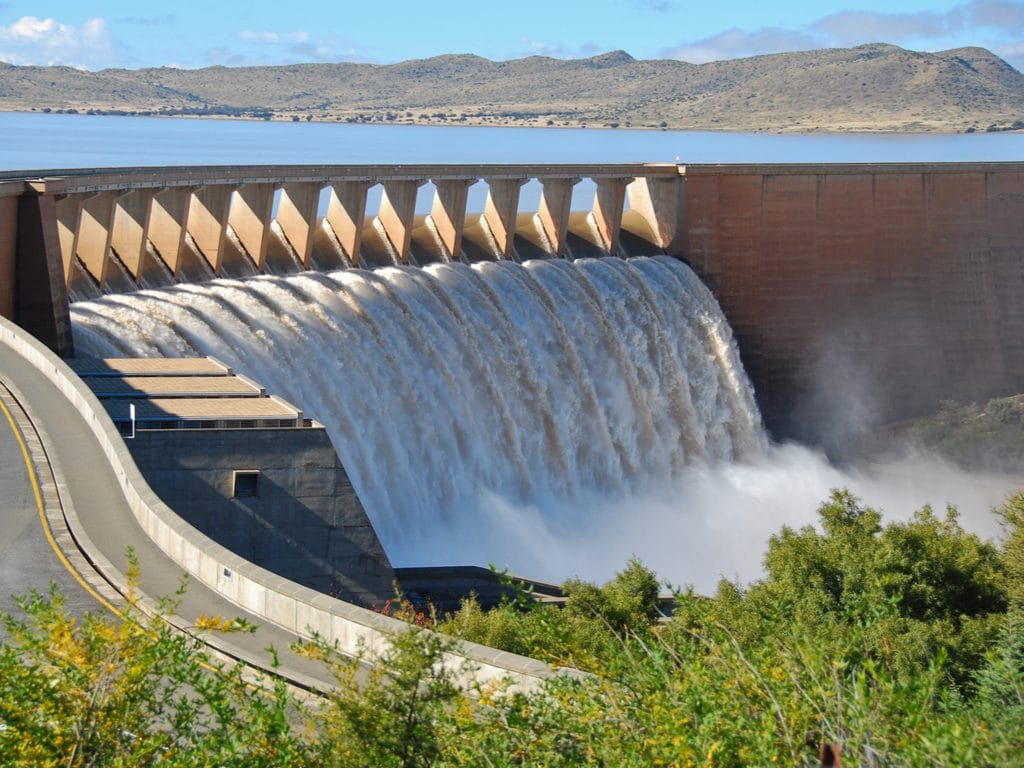Kikagati Power Company (KPC), the ad hoc company developing the Kikagati hydroelectric power plant, has finalised the financing of its project. It is located in East Africa, on the border between Uganda and Tanzania. The announcement was made by Emerging Africa Infrastructure Fund (EAIF) of the Private Infrastructure Development Group (PIDG), a multi-donor organisation with members from seven European countries and the World Bank Group.
This financial institution invested $27 million in the Kikagati hydroelectric project. The Dutch Development Finance Corporation (FMO) also lent KPC $27 million.
A 14 MW capacity
The Kikagati hydroelectric project will require a total investment of $87 million. It will “strengthen the foundations of economic development in Uganda and Tanzania”, according to stakeholders.
The hydroelectric dam is built on the Kagera River, the largest tributary of Lake Victoria, which serves as the natural border between Tanzania and Uganda. On this 400 km long river, KPC engineers have been building an 8.5 m high and 300 m long dam since 2018. It will have a 4 km2 reservoir in Tanzanian territory. The water retention will allow the three 5.5 MW generators of the nearby power plant to operate. At the same time, a 33 kV transmission line will also be built.
This project is also supported by the Africa Renewable Energy Fund, a $205 million fund managed by Berkeley Energy. All loans contracted under this project will be repaid over a period of 16 years. KPC will sell the electricity generated by the plant to Uganda Electricity Transmission Company Limited. The Ugandan state-owned company, which is responsible for electricity distribution, will sell some of this energy to Tanzania Electric Supply Company Limited (Tanesco).
This project is part of the GetFit (Global Energy Transfer Feed-in Tariff) programme. It was set up by the European Union with the support of a number of its member governments. The main objective of the programme is to help East African countries “follow a low-carbon, climate-resilient development path” to promote growth, poverty reduction and climate change mitigation.
Jean Marie Takouleu
